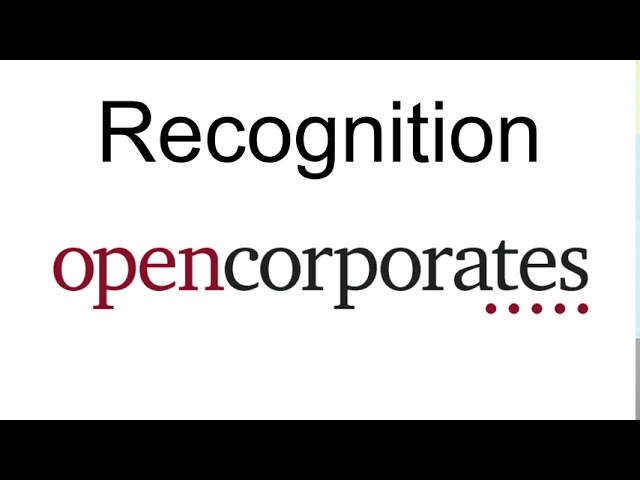OpenCorporates

In the vast landscape of global commerce, transparency is the cornerstone of trust and accountability. Corporations, as the engines of economic activity, wield significant influence over societies and economies. Yet, for years, the opacity surrounding corporate structures and activities has posed challenges for regulators, researchers, journalists, and the public alike. Enter OpenCorporates, a pioneering platform dedicated to illuminating the intricate web of corporate entities worldwide. In this article, we delve into the genesis, workings, and impact of OpenCorporates, and explore how it is reshaping the landscape of corporate data transparency.
Table of Contents
ToggleOrigins and Evolution
OpenCorporates emerged from a simple yet profound vision: to make corporate data freely accessible to everyone. Founded in 2010 by Chris Taggart and Rob McKinnon, OpenCorporates aimed to democratize corporate information, empowering individuals and organizations with the tools to navigate the complex world of business entities. The platform began by aggregating public corporate data from diverse sources, ranging from government registries to regulatory filings, and organizing it into a comprehensive and searchable database.
What sets OpenCorporates apart is its commitment to openness and collaboration. Embracing the principles of open data, the platform not only provides access to corporate information but also encourages users to contribute and improve data quality. Through a combination of automated data scraping, manual curation, and community engagement, OpenCorporates has amassed one of the largest and most comprehensive databases of company information, encompassing millions of entities across jurisdictions.
Unraveling Corporate Networks
At the heart of OpenCorporates lies its ability to unravel the complex networks of corporate ownership and control. Through sophisticated data mining and analysis, the platform enables users to trace relationships between companies, identify corporate hierarchies, and uncover hidden connections. This functionality is particularly valuable for regulators seeking to detect and prevent illicit activities such as money laundering, tax evasion, and fraud.
Moreover, OpenCorporates plays a crucial role in enhancing corporate transparency and accountability. By shedding light on ownership structures and beneficial ownership, the platform promotes greater scrutiny of corporate behavior and facilitates informed decision-making by investors, consumers, and policymakers. In an era marked by increasing corporate influence and corporate social responsibility, OpenCorporates serves as a vital tool for promoting ethical business practices and corporate governance.
Empowering Stakeholders
The impact of OpenCorporates extends far beyond regulatory compliance and due diligence. The platform empowers a diverse range of stakeholders, from journalists and researchers to advocacy groups and civil society organizations. Journalists utilize OpenCorporates to investigate corporate malfeasance, uncover conflicts of interest, and expose corporate lobbying efforts. Researchers leverage the platform to conduct empirical studies on corporate ownership structures, market concentration, and economic inequality. Advocacy groups rely on OpenCorporates to advocate for transparency and accountability in corporate governance and to support initiatives such as corporate tax reform and anti-corruption measures.
Challenges and Opportunities
Despite its transformative potential, OpenCorporates faces several challenges on its path to realizing its vision of universal corporate data transparency. One such challenge is the incomplete and inconsistent nature of public corporate data, which varies widely across jurisdictions and regulatory regimes. Addressing this challenge requires ongoing collaboration with governments, regulators, and other stakeholders to standardize and improve data quality.
Moreover, OpenCorporates must contend with issues of data privacy and security, particularly concerning sensitive information such as beneficial ownership. Balancing the imperative of transparency with the need to protect individual privacy rights poses a delicate but essential challenge for the platform.
Looking ahead, OpenCorporates continues to explore new frontiers in corporate data transparency. From harnessing emerging technologies such as artificial intelligence and blockchain to expanding its coverage to previously underserved regions, the platform remains committed to advancing its mission of democratizing corporate information.
Conclusion
In an age defined by the proliferation of corporate power and influence, OpenCorporates stands as a beacon of transparency and accountability. By democratizing access to corporate data and empowering stakeholders with insights into corporate structures and activities, the platform catalyzes positive change in the realms of governance, regulation, and corporate responsibility. As OpenCorporates continues to evolve and expand its reach, it reinforces the fundamental principle that transparency is not just a virtue but a cornerstone of a fair, equitable, and sustainable global economy.





